
The Importance of Organizational Food Policies for Jewish Institutions
A brief history of Tu B’Shvat, the New Year for Trees, and what this holiday can teach the Jewish community about our food choices, year-round.

A brief history of Tu B’Shvat, the New Year for Trees, and what this holiday can teach the Jewish community about our food choices, year-round.
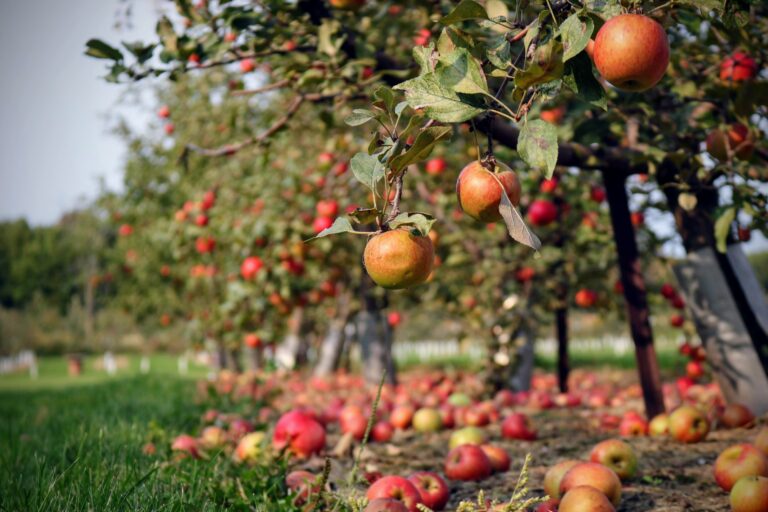
A brief history of Tu B’Shvat, the New Year for Trees, and what this holiday can teach the Jewish community about our food choices, year-round.

This program provides a way for institutions to achieve sustainability goals with the practical and educational support from JIFA’s team and the leadership support of the Conservative Movement.
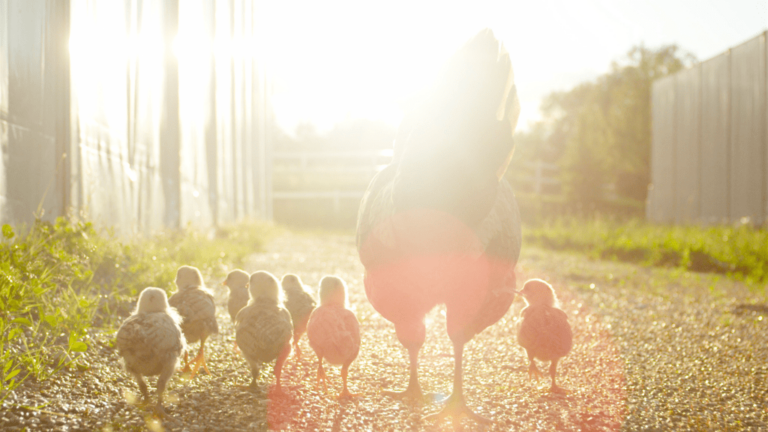
It’s only with cooperation and allyship of organizations and Jewish leaders that we elevate a vision for a more harmonious, resilient, and just food system. Achieving this change will require the participation of Jewish organizations and leaders that haven’t yet addressed factory farming and its impact on Jewish communal life.
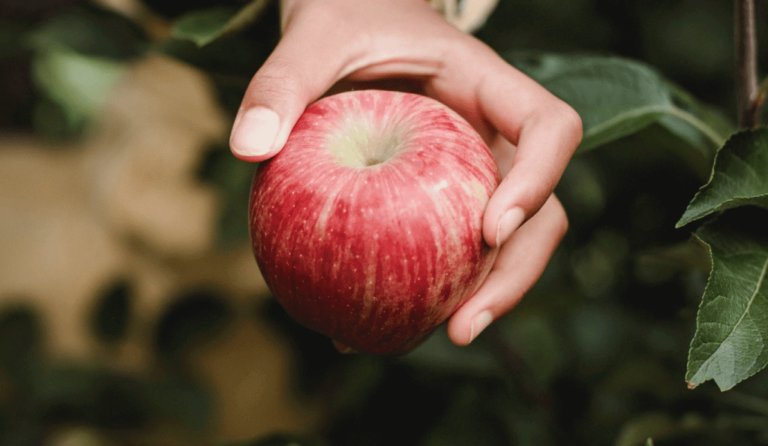
Our modern food system puts little value on rest. Our system operates with an assumption of infinite capacity, and in ignorance of all creation’s basic need for relief.

Serving all or primarily kosher plant-based meals allows institutions to adhere to their kashrut policy, and to articulate Jewish values-based foundations of their practice…And planning events this way by default is not only inclusive of community members with diverse dietary needs and preferences—it helps establish a more sustainable way of eating as the new norm.

Tackling the problem of industrial animal agriculture is a crucial form of the preventive medicine that we are commanded to practice. We must do our part to remove this very real peril, and the time to begin is now, when the whole world is experiencing the potential consequences.

Is it possible for day schools to cut out meat? Gesher Day School in Fairfax, VA thinks so. Gesher transitioned from meat heavy lunches to a vegetarian lunch program in 2018, and is recognized by Jewish Leadership Circle (JLC) for meeting the goals of the Plant-Forward Track.
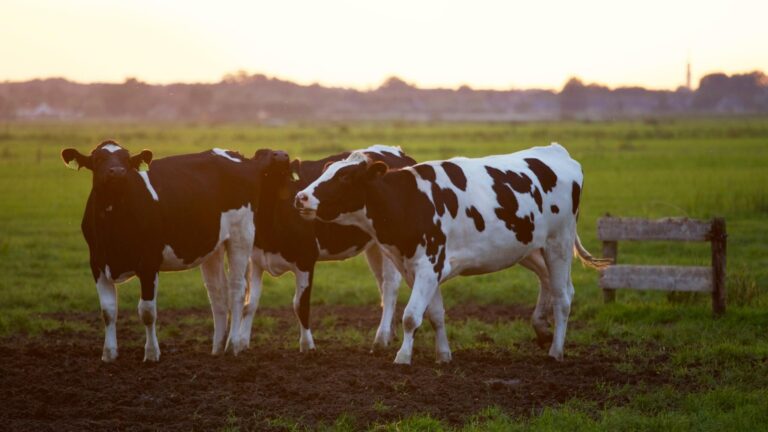
Is cattle production the issue, or is factory farming? There is a growing movement to support regenerative grazing—a traditional form of raising cattle and managing land that has fallen out of vogue in favor of raising cattle on grain in feedlots.
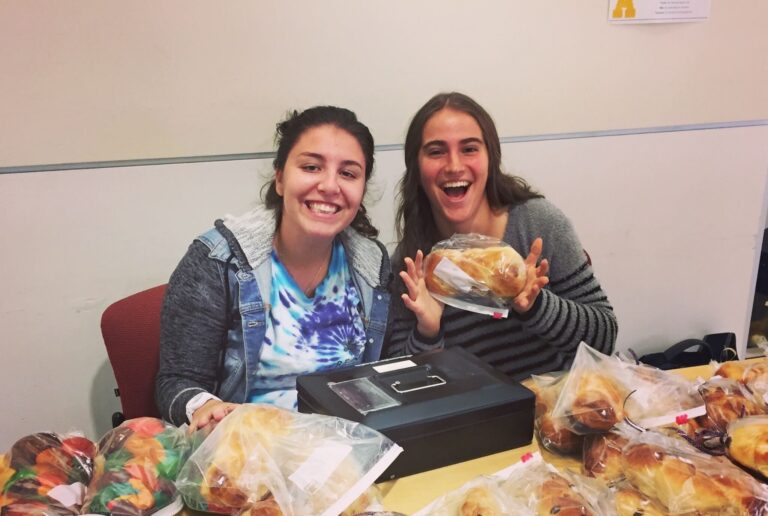
What does taking steps towards serving better food at Hillel look like? Which changes are possible? Will students be on board? Will food be more expensive? The following is an interview with Dr. Adrienne Krone, Assistant Professor of Religious Studies and Director of Jewish Life at Allegheny College, who offers her experience providing values-based food choices at Allegheny’s Hillel in rural Pennsylvania.
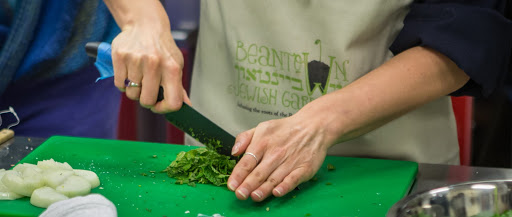
Starting in fall 2018, several Jewish institutions will develop food statements of intention (or policies) rooted in Jewish values including tzaar baalei chayim (consideration for animal welfare). Led by Beantown Jewish Gardens, the cohort program will provide members with tools to understand their current food purchasing, guidance on how to make meaningful improvements, a forum for discussing their processes and challenges, and a peer learning framework for ongoing support.